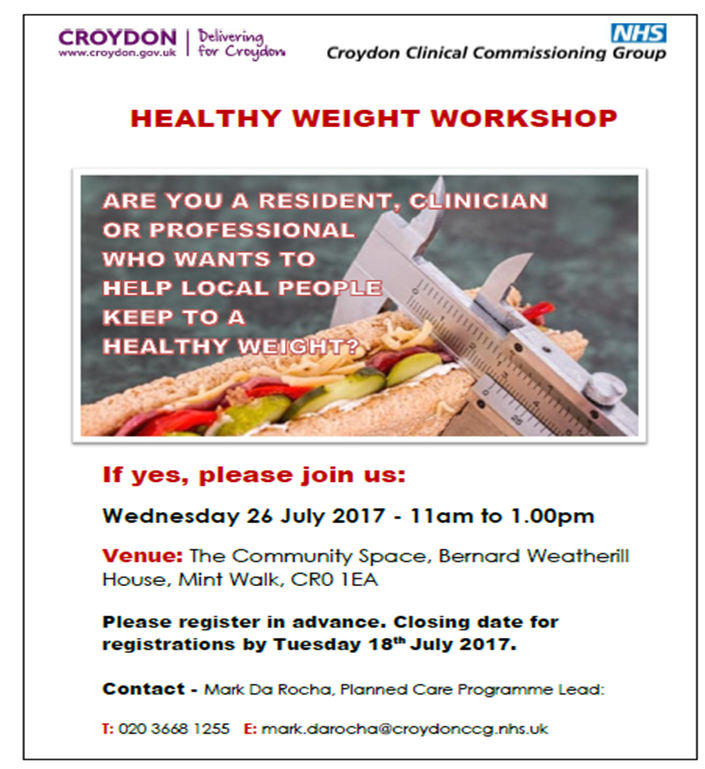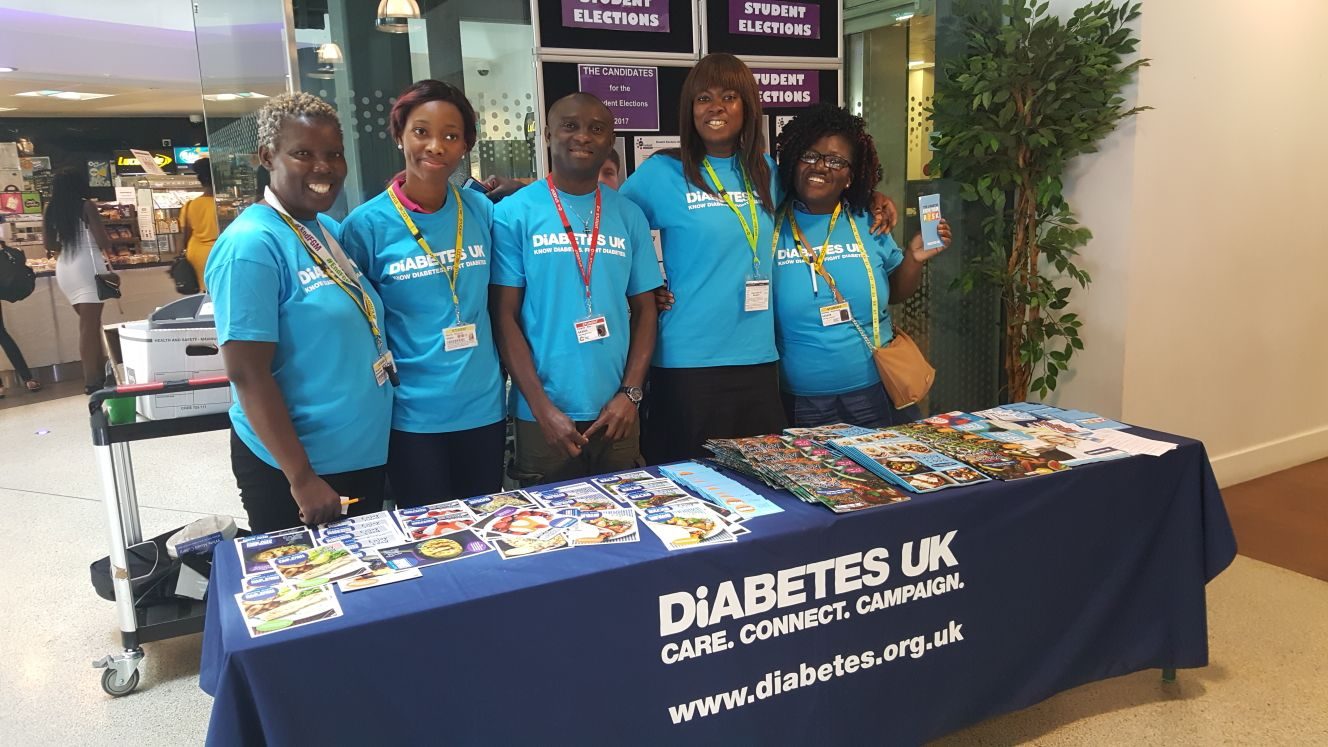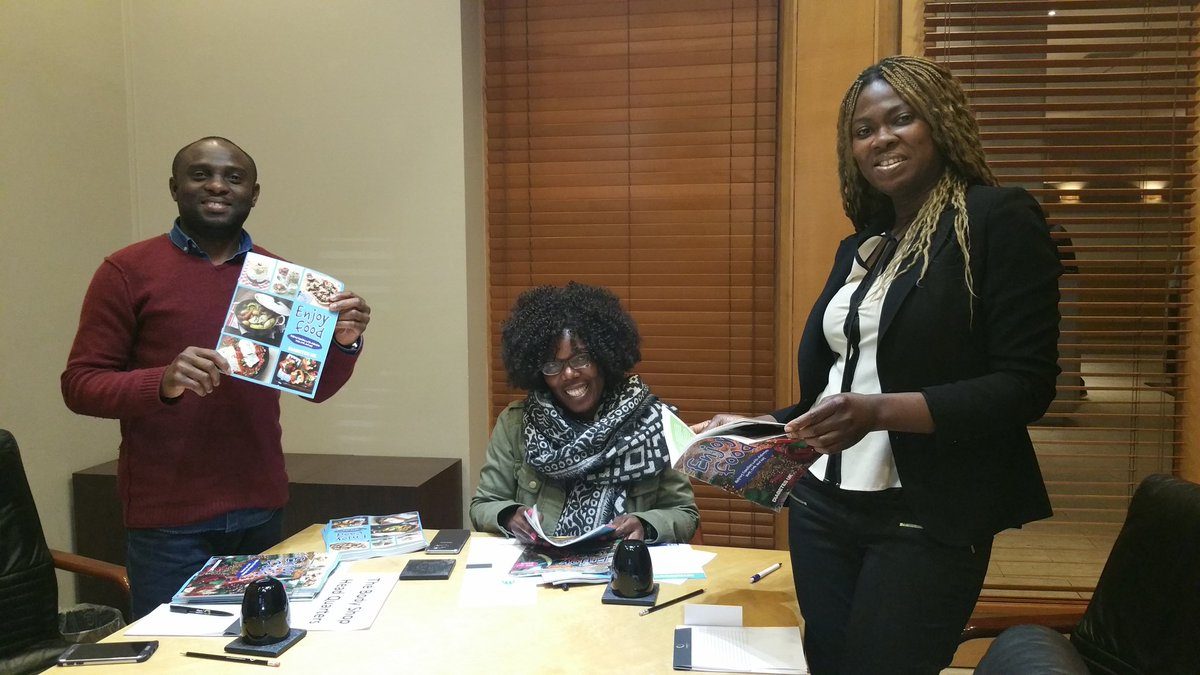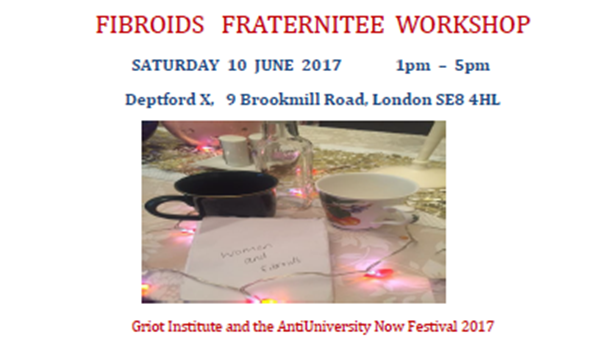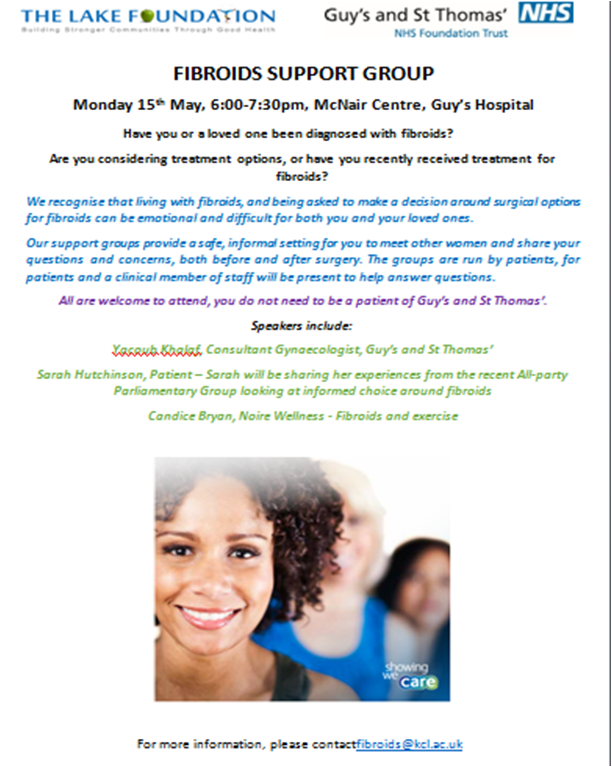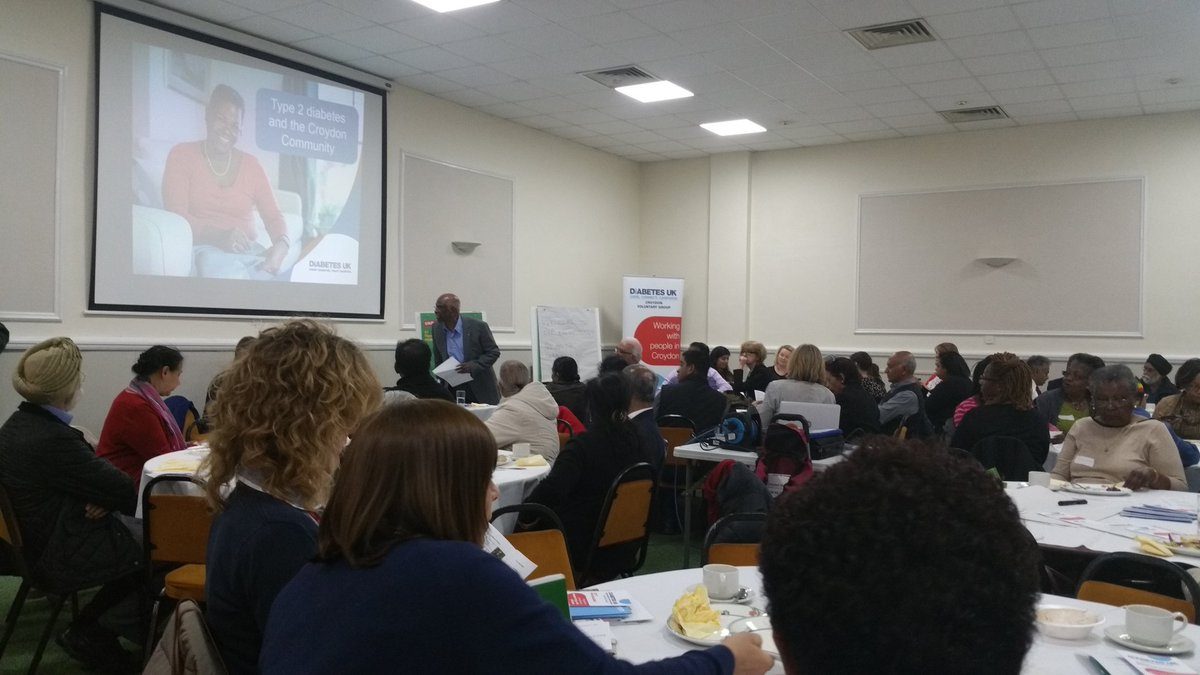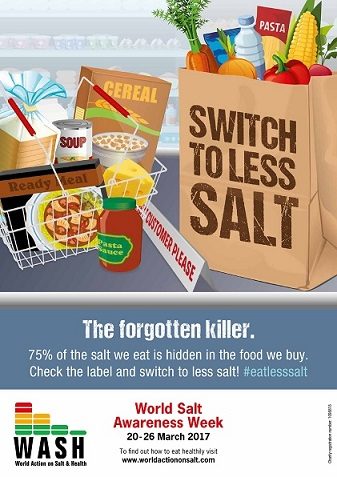Alpha and Omega: A Short Film About Cancer
Smashed Screen Films are to produce and direct a touching new short drama exploring love, identity and faith from a black woman’s point of view. The story will be brought to life through three women of colour, Maia Waktins (writer), Chloe Tai (director) and Dominique Toussaint (producer), alongside co-producer and executive producer Nathan Adabadze.
Alpha and Omega will be set amongst the thriving multicultural epicentre of South London and will follow the story of Imani, a budding Rastafarian artist and health-stall owner, who upon learning of her diagnosis of breast cancer begins to question her faith, her relationship with her partner and what it really means to be a Rasta.
The film explores the conflict Imani has when she is forced to consider man-made treatments which goes against her faith and she has to evaluate her holistic lifestyle. This is a universal story about doubting your strength, facing your fears and the importance of relationships.
The film is inspired by writer Maia Watkin’s loss of her Godfather to cancer last year and coming from a Rastafarian family herself, the script is based on a world she knows very well, giving her great insight to not only bring this story to life but play the lead role with authenticity. Ms Watkin’s credits include starring in BBC’s East Enders and Channel 4’s The Educatoror as well as being a 3-time winner of the Monologue Slam UK.
Through this film Ms Watkins hopes to raise awareness of cancer and its devastating consequences, open up dialogue about how people cope with cancer and promote a better representation and understanding of Rastafari culture.
“I wrote this film first and foremost because I wanted to see untold stories on screen. Having never seen Rastafari culture explored or represented in a positive light before, and coming from a Rastafari background myself, I wanted to portray a journey of consciousness and understanding of self through film, that is so rooted in the culture.” Maia Watkins
The Lake Foundation is delighted to see this much-needed film produced. We believe it will provide an engaging and effective way to raise awareness of cancer within the black community, addressing not only the myths but enabling discussion around some of the challenges that black women face when diagnosed with this serious condition.
You can help bring this story to life by supporting their IndieGogo fundraising campaign. You can also support them with in-kind donations or help promote the great work they’re doing. You can find out more about their work on Facebook and Instagram
“Alpha & Omega is a refreshing new perspective on the universal experience of fear, doubt and acceptance. Told through the eyes of a strong independent black woman, so rarely seen in film, but also entrenched in the Rasta culture barely explored in media, we have to make this film!”









